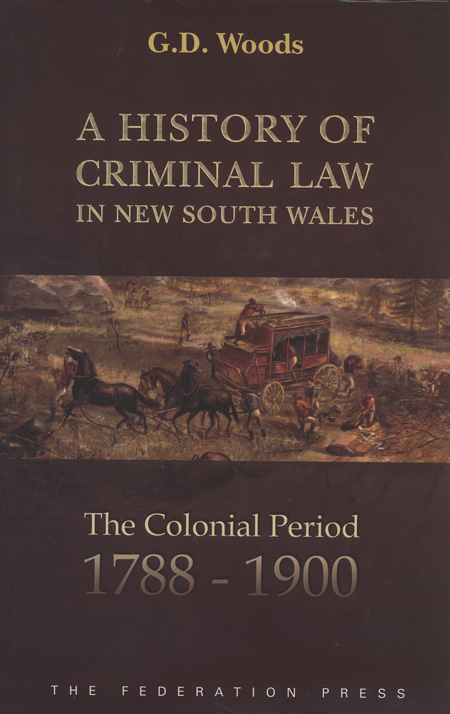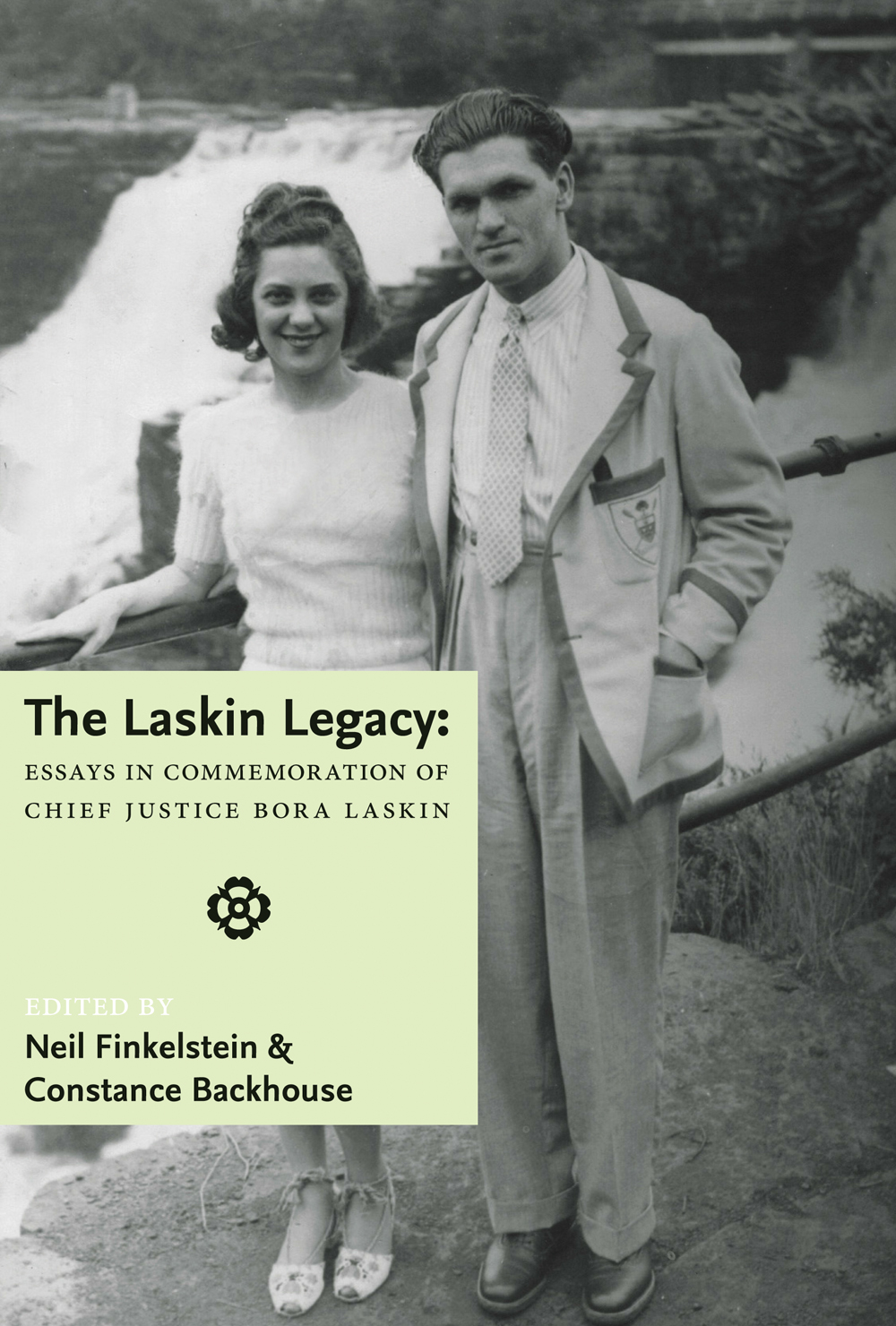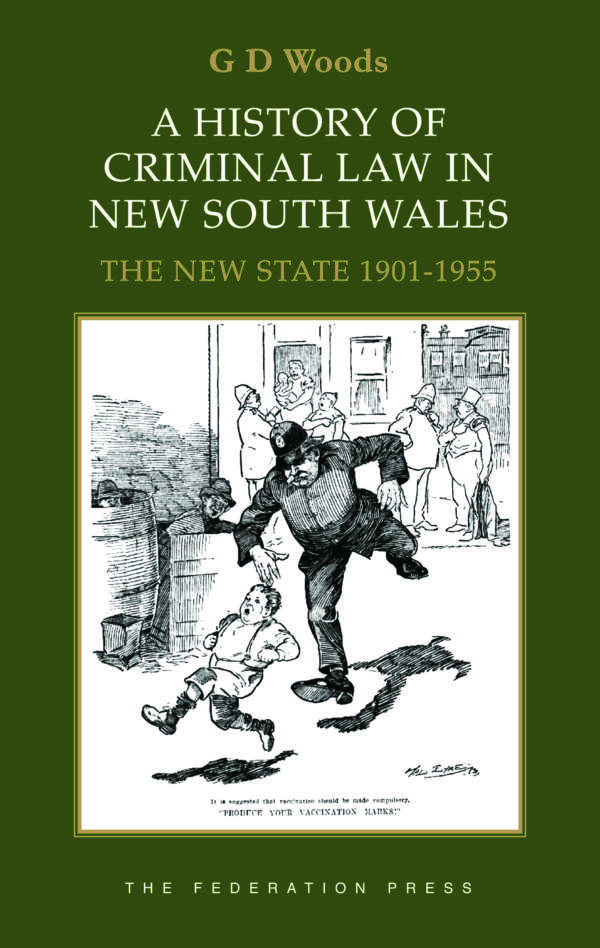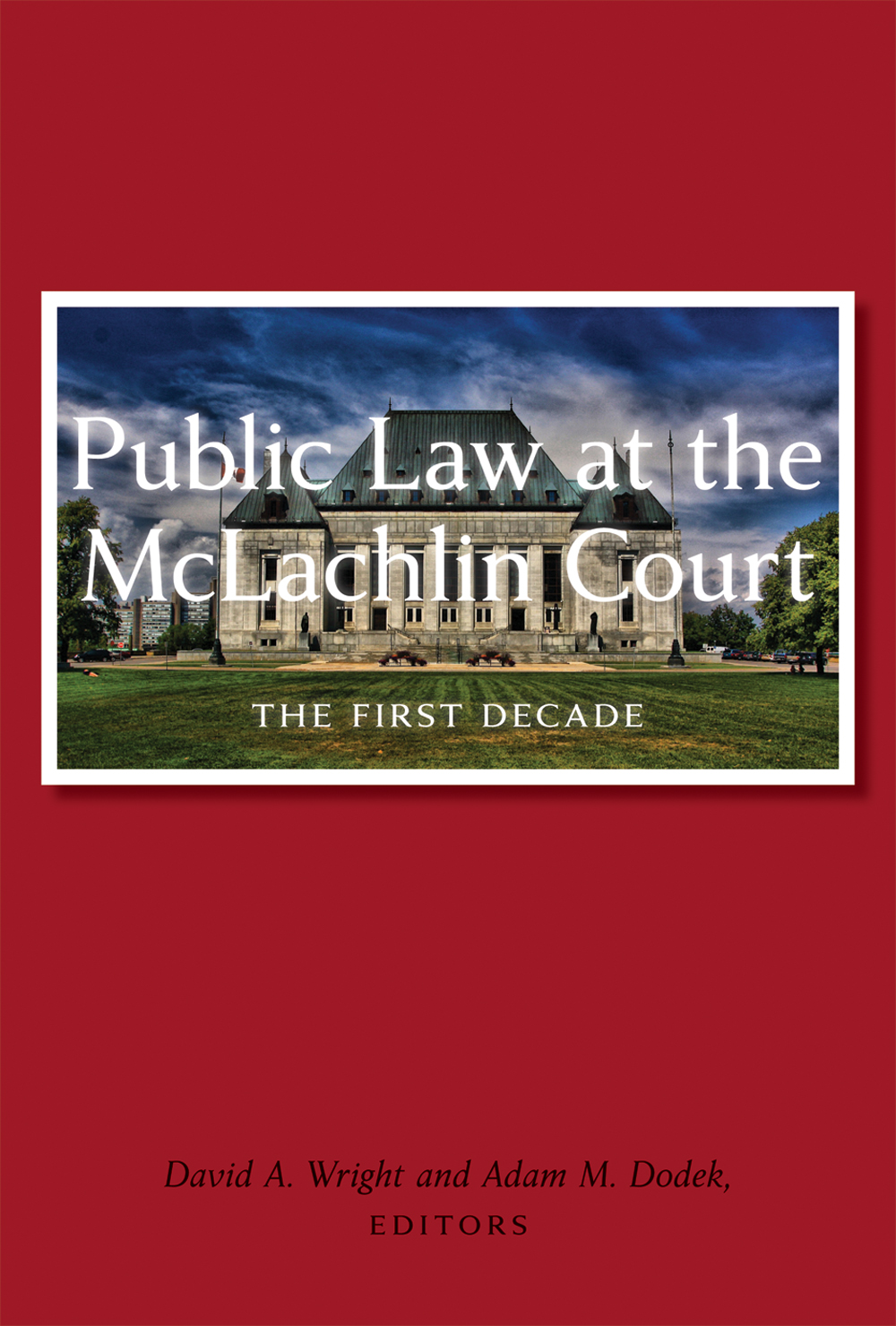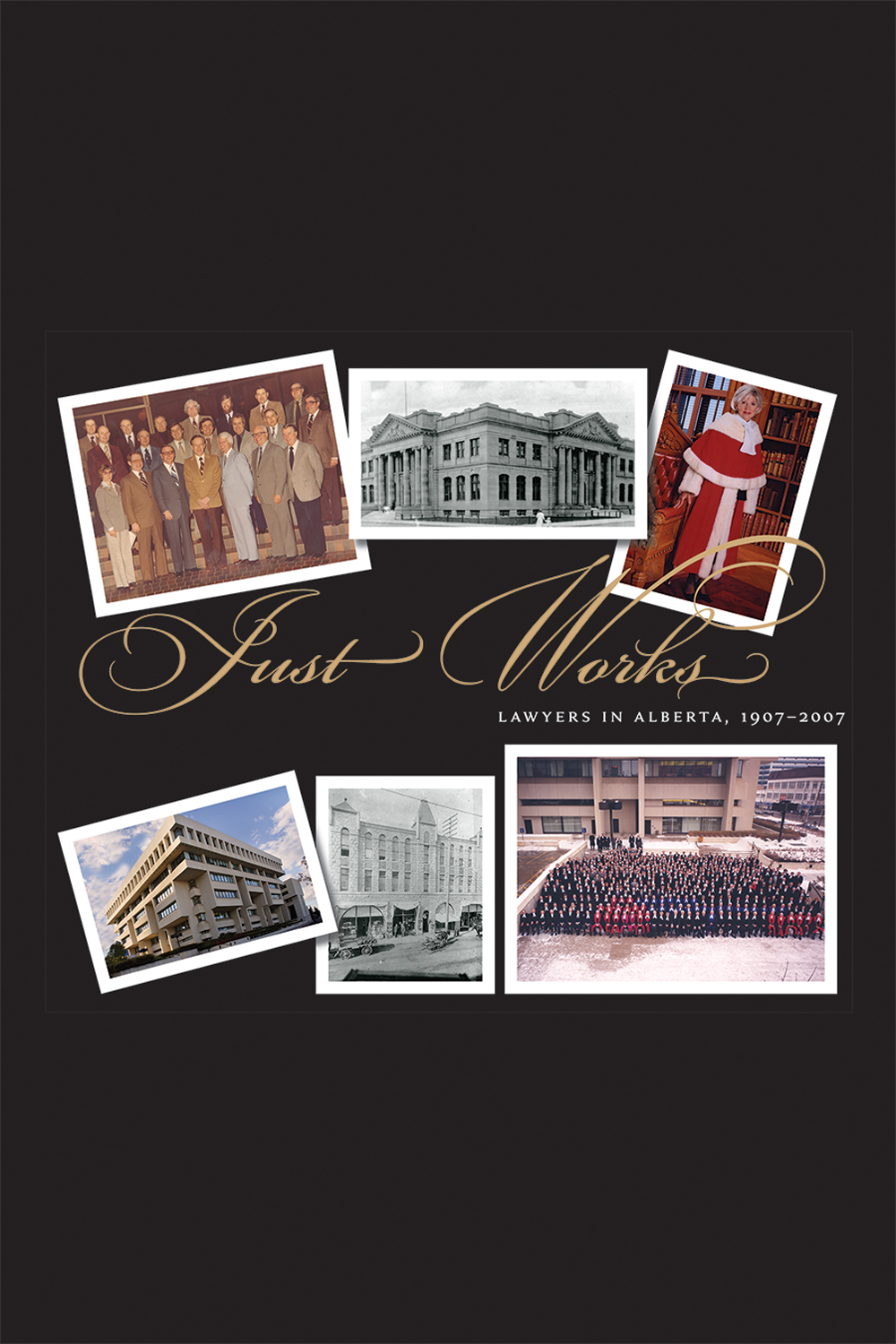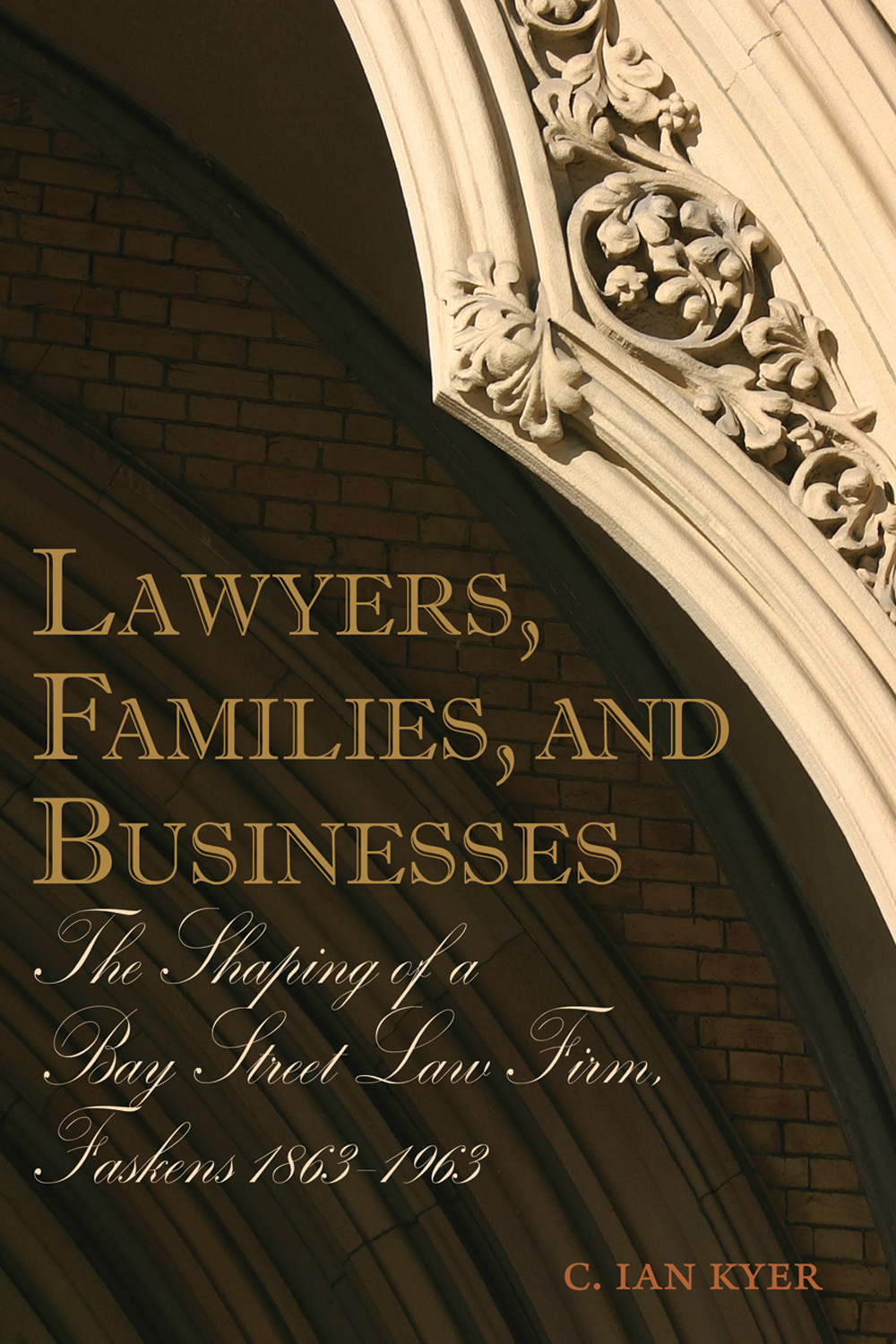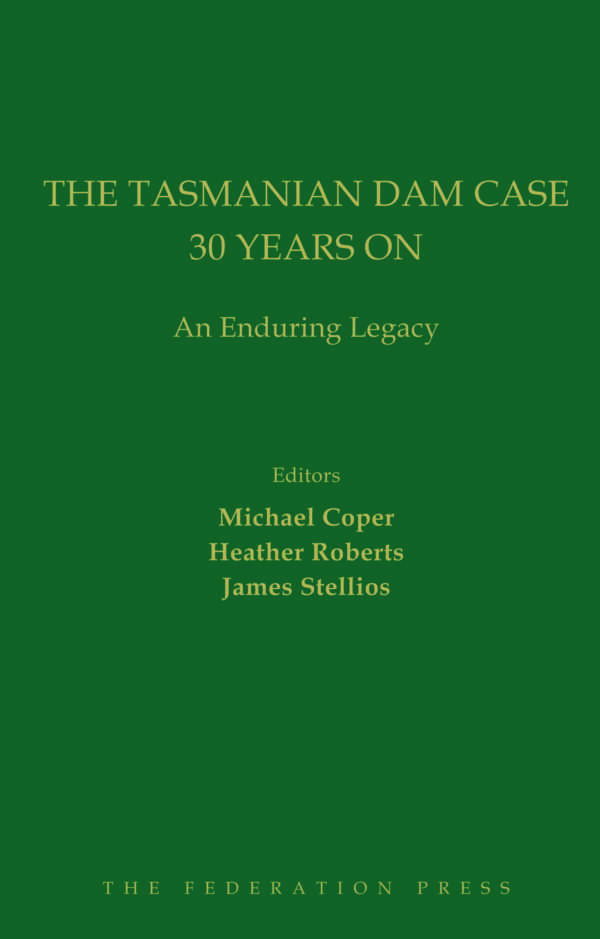Product Description
New South Wales is that rare political creation, a state founded for and upon the criminal law. The history of its criminal law from settlement to Federation is uniquely fascinating. Drawing on his range of experience as a university scholar, a criminal law QC and a judge, the author explains how Britain’s criminal laws were established and developed in its (arguably) most successful colony. There are three themes:
the horror and savagery of the criminal law transported to Australia and imposed there;
the constitutional importance of basic criminal law rules requiring certainty of proof;
the corrupt but necessary role of mercy in the administration of the law.
There are several genuinely remarkable features of this book. One is that the author draws upon a vast body of material recently brought to light by Bruce Kercher in his massive disinterment of early colonial case law, to explain in detail the actual working of the New South Wales criminal courts.
Another is that the core of the book is an analysis of New South Wales parliamentary debates between 1871 and 1883 on criminal law, illuminating the history of the law (and its future). Yet the most remarkable thing of all about this book is its rarity. In the many places where the British Empire imposed its laws, there are hundreds of universities and centres of legal study.
Histories of the criminal law, or studies which can be so described, are rare or invisible. This admirable study will become a classic in its field, required reading by legal scholars, historians of colony and empire, and by astute legal practitioners making arguments for contemporary submissions or judgments.
The second volume (Woods, 2018) continues the still-fascinating story from 1901 (when the colony became a state) through until mid-20th century, when the death penalty was effectively abolished.

